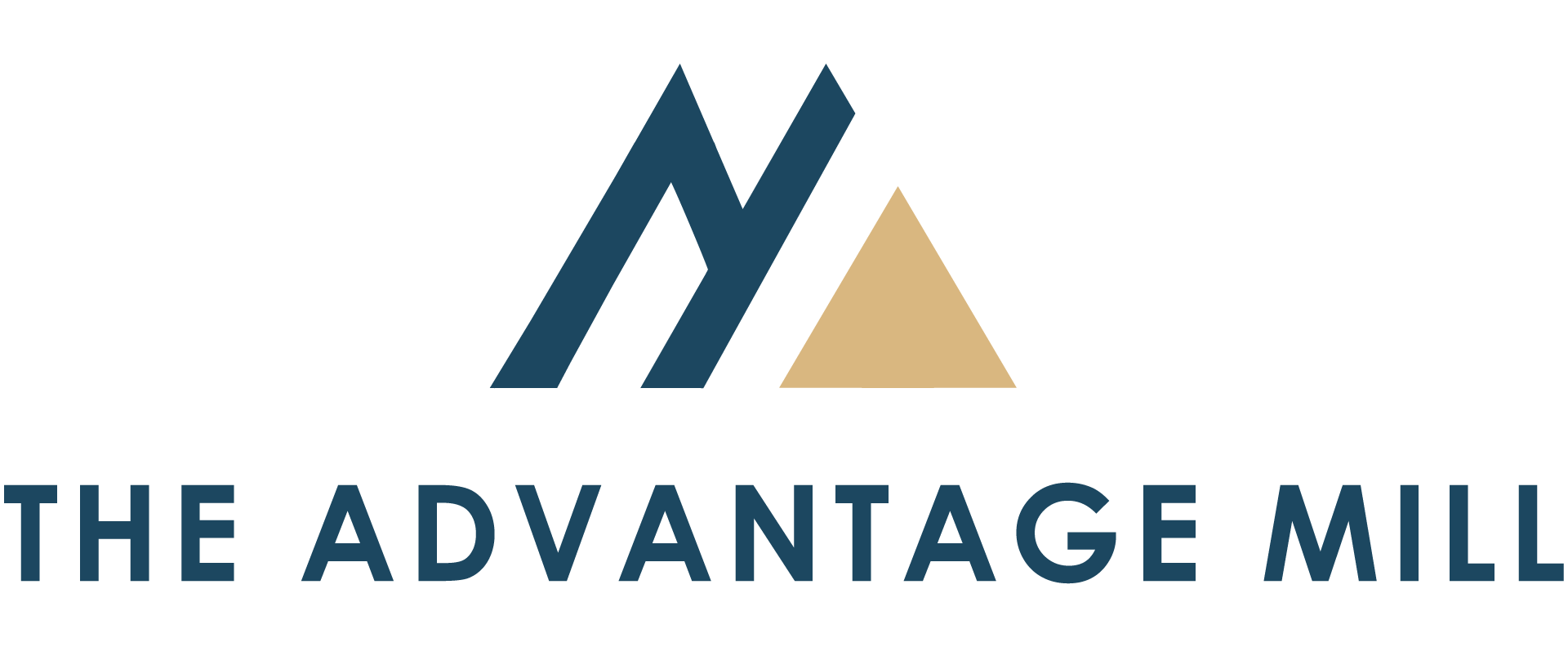Part 2 of 6
By Al Mills
Absence of Trust
Key Symptom: Invulnerability
Lencioni’s first dysfunction of a team is the absence of trust. It’s the foundational truth that drives any of us in any sort of team or relational environment. An absence of trust will ruin every relationship, every team, and every organization it invades.
Absence of trust means one can never trust another’s motives, believe what they say, or count on them to do what is right for the team and organization. The problem presents itself very subtly, and is an insidious issue because of its subtlety, especially at first.
It plays out in teams in ways that we sometimes think aren’t a problem. Like being more fully open in “the meeting after the meeting”, or holding back something of which you hope to take advantage at a later time, and defensive responses rather than healthy debate. The foundational nature of trust dictates that if you are unable to establish this parameter with your team, future success is very unlikely.
We find security in the concepts of marketing, finance, strategy, and technology. If we have the right skills, and the right assets we have a recipe for success. The reality is that many companies with these vital ingredients have still failed to capture their target market or build a successful organization. Struggling with what they think is a complete toolbox, only to fail because they missed the fundamental need for healthy and successful teamplay.
Don’t make the mistake of dismissing this first dysfunction as mumbo jumbo, psychobabble, or new age thinking. If you have a team that you hope will function well, whether executive, or operational, the absence of trust will reduce its effectiveness to mediocre at the very best, and utterly dysfunctional at worst.
Some Building Blocks
One of the necessary elements to creating an atmosphere of trust is building community among team members. Should you all become best friends and family? No…but when people become known entities to each other, the trust level rises. Think of how you feel driving behind someone who is driving extra slow, and making you late. When that person is unknown to you, you’re wishing you had a missile launcher on the front of your car, but if it turns out to be a friend or neighbour, it’s much easier to be a little more forgiving.
The same principle applies to building trust on teams. Becoming known, and being known are two vital elements of working together. If nothing else, we begin to understand more of another team member’s perspective, viewpoint, and where some of their reactions come from. It provides one basic element of trusting people; knowing them.
One practice to beginning this process is simply having team members tell each other elements of their lives. It doesn’t have to be super personal or even vulnerable, just items like where they grew up, how many siblings they might have, or something unique about themselves, like they juggle chainsaws or something.
To get complete expansion on this make sure you read Lencioni’s book The Five Dysfunctions of a Team.
Stay tuned for the next Dysfunction from Lencioni
Al Mills is the lead consultant and founder of The Advantage Mill, a company dedicated to bringing out the best in the workplace. You can find the website at theadvantagemill.com.

